When EA was first exclusively licensed to make Star Wars games by Disney, it didn’t particularly feel like the best choice for fans. It felt more beneficial for the business side of things, as say what you might about EA, they are good at making money out of massive licenses. Star Wars, arguably the biggest franchise to ever exist, would seemingly fit well with their practices.
Then, Star Wars Battlefront happened, games riddled with questionable money-sinking mechanics and balance, although they were decent at their core. You had to spend countless hours to unlock some of the most iconic characters from the series, with many speculating that it was so that you had to spend real money to avoid the hassle of acquiring them. The game was filled with loot boxes and other chance mechanics that allowed you to gain an edge by merely spending real money.
This was such a prevalent and hotly discussed issue that it even upset Disney, and cost quite a bit of financial damage to EA’s stock, prompting the corporate giant to step in and say no. Now, Disney themselves aren’t the straightest of arrows and are known to bend a few franchises if it makes them money. So imagine, having them of all people come and tell you to stop your aggressive monetisation, that’s how bad it was.
Whilst EA’s first Battlefront game had nowhere near the same controversial journey, it was also not the most generous of games, cutting out a lot of features from the original games that the fans had come to love. Many of these features eventually came back in Battlefront II, especially space dogfights, but it made many people wary of Star Wars’ future.
Thankfully, however, EA ultimately did manage to use the license to make something useful with both Jedi: Fallen Order and more impressively Star Wars: Rogue Squadron, a game that launched without any extreme pre-order bonuses or even a $60 price tag. Best of all, DLC or Season Pass mentions were nowhere to be seen before launch, and the game was sold as the full package.
I sincerely believe if that’s the approach EA took in the first place, they would be at a much more lucrative position. I can understand that by seeing how the same practices make billions of dollars through sports games like FIFA and Madden, they would’ve been tempted to pull the same stunt. However, there is a massive difference in the audience; thankfully, one that rightfully pushed back. As hard as it may be to believe, but if you want to make money off videogames, make them so good that everyone talks about them.
Star Wars 1313 and the cancelled game by Visceral, is still such a sore subject, one that had every right and opportunity to be great, potentially rivalling the iconic Uncharted series with talent like Amy Henning steering the ship. The Studio showed snippets of an ambitious game, but the plug was prematurely pulled by EA, who was afraid that “singleplayer games are finished“. EA dropped the ball with that, especially seeing how well singleplayer only, Jedi: Fallen Order did.
This showed that maybe it’s not a great idea to limit Star Wars to just one publisher, especially if they are known for pushing inflated live-service games with notorious microtransactions. Thankfully, Disney has completely learned their lesson, so the Star Wars license has now been given to a different company that likes to push inflated live-service games full of notorious microtransactions. Er… at least now, it isn’t as exclusive, right?
You might have noticed that LucasFilm Games has been brought back from the brink, this time being setup as THE outlet for making great games out of all LucasFilm content. This, of course, includes Star Wars, and recently as we found out, Indiana Jones from Bethesda.
Ubisoft is one of the publishers to be given this unique opportunity, and they are currently working on an Open-World Star Wars game. If this were any other studio, I would be extremely excited.

Even though they have recently taken some steps in the right direction, Ubisoft still tends to think about games as a business a little too much. They are also notoriously known for aggressively pushing microtransactions that they call timesavers and “cosmetics only”.
Whilst there is some hope that the game will be good, especially with just how brilliant Assassin’s Creed Valhalla was, part of me is convinced that this will be a heavy live-service game that sacrifices story-telling and memorable setpieces to create an overly huge experience filled with very systemic activities rather than handcrafted experiences. After all, it is Massive that’s making the game, and they make The Division.
Now to be fair, they are leaving the license open for more talent to come and pitch and with that, you might be wondering why I’m even ranting about Ubisoft getting a turn, it’s only fair! And that would be true if there weren’t some concerning points made by the original Wired article.
In it, Wired explains that with Disney’s push to dominate screen time from its consumers, games seem to be the best way to do so. According to them “the kind [of game] Ubisoft is making with Lucasfilm Games, can potentially push into the hundreds of hours depending on how long a player wants to explore.”
Whilst that alone starts going into a wary territory, it’s what Sean Shoptaw, senior vice president of Global Games and Interactive Experiences at Disney said about it that raised our ears for concerning reasons.

“That (making videogames) really leans into why we are doing what we’re doing, because these are massive entertainment experiences that last many hours, much longer than film,” Shoptaw explained.
“When people are paying $70, or they’re paying good amounts of money to spend time with your content and play your game,” Shoptaw continued, “you’ve got to reward that investment.”
Sean Shoptaw
As you can see from his statements, their most significant intentions aren’t to make games because the medium can deliver unique storytelling experiences with interactivity, Music and Art combined, but it’s because they want to take as much of your attention as possible with a premium upfront cost. What better way to do that, then letting Ubisoft make a live-service open-world game, littered with forgettable activities that players can spend 100s of hours on.
No matter what you make, whether it be games, films, or any other media, your intention can play a large part in creating something memorable. If you don’t have good intentions, your final product will suffer. In this case, they don’t necessarily seem to be in the best interest for videogames or Star Wars.
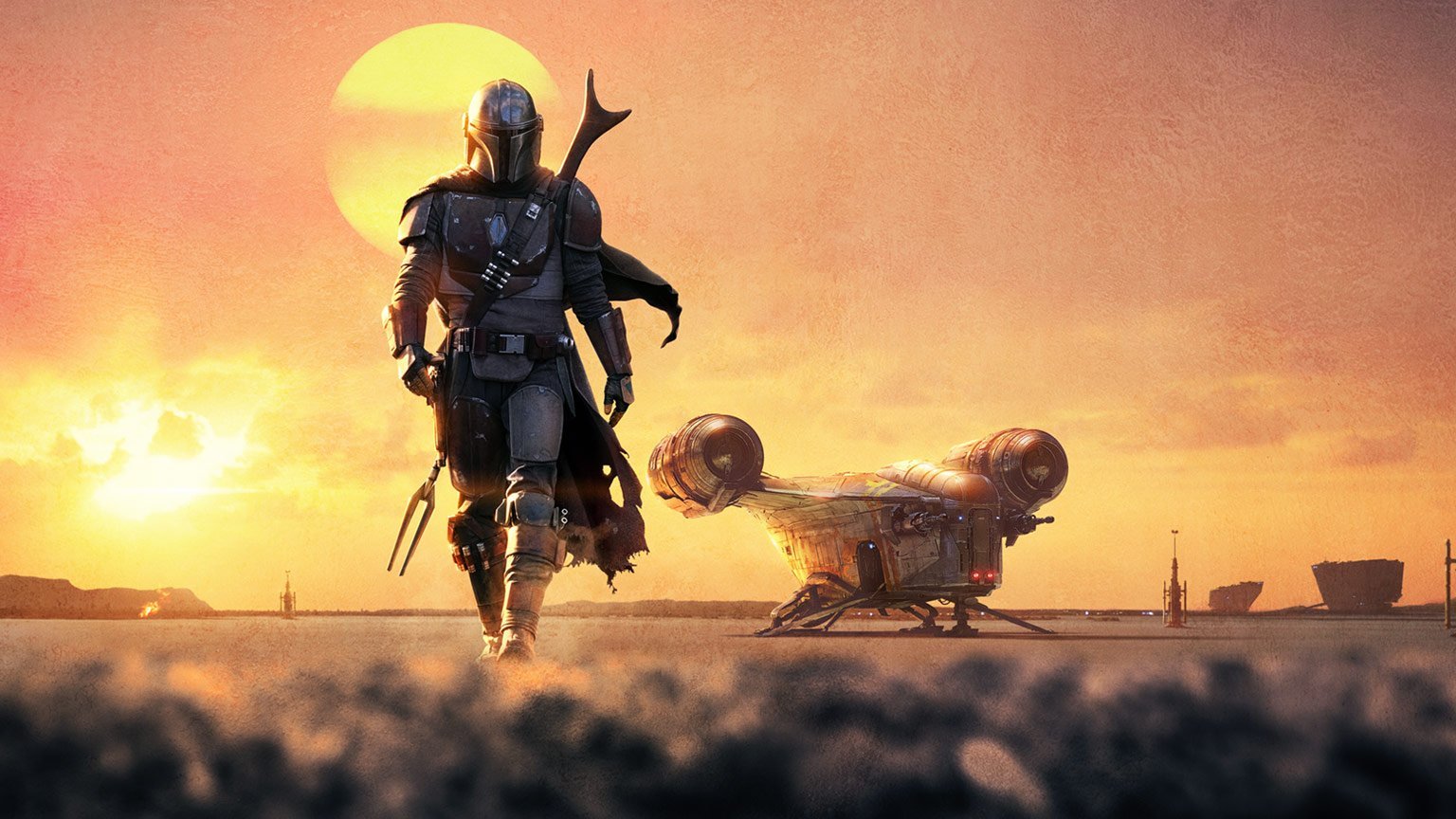
As an example, after the debacle with the new trilogy, Mandalorian showed that great storytelling is the key to making great Star Wars projects. It doesn’t need an extreme canvas with every ship possible being thrown onto your screen (looking at you Rise of the Skywalker). It just needs passionate creatives whose primary goal is to tell great stories with memorable characters.
I am not incredibly excited about what Ubisoft Massive is doing with Star Wars, especially as they have created one of the most cut and dry action RPGs, The Division, a format I can already see them adding to Star Wars.
What I am excited about, however, is the potential for more creative studios to create unique experiences out of the universe. For example, I want to see what someone like the developers behind Obra Dinn can do to create unexpected experiences, or even what Naughty Dog can do to make a singleplayer cinematic action experience. Perhaps let Stress Level Zero create a killer physics-based VR experience with lightsabers and blasters?
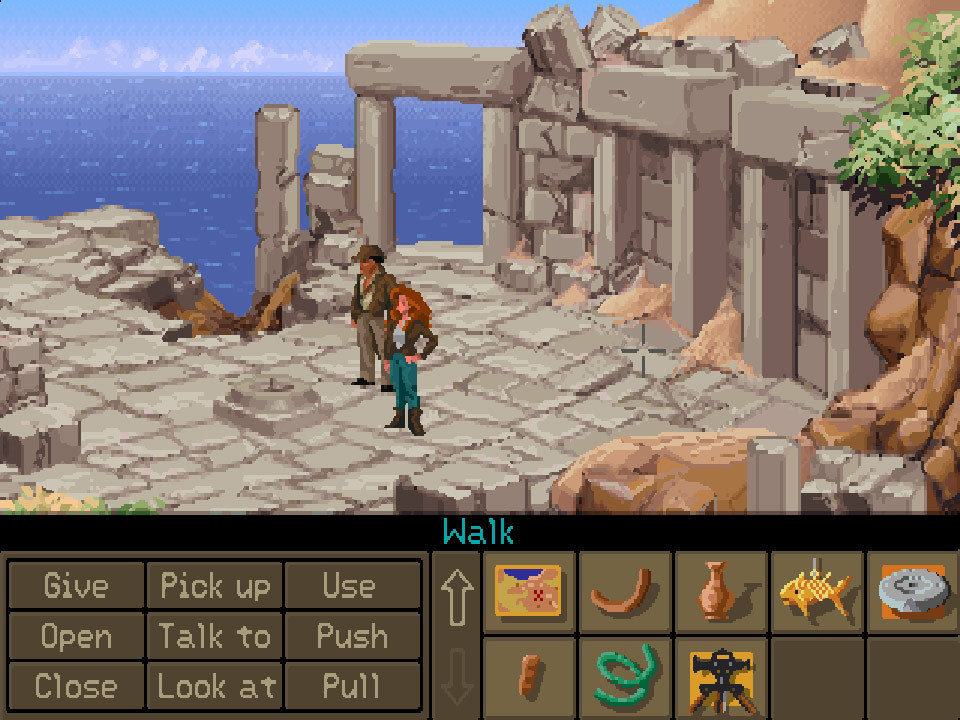
In fact, whilst I am requesting a few things, can I also just ask for more traditional point-and-click adventure games, something that LucasFilm Games was known for with Monkey Island, and Indiana Jones and The Fate of Atlantis.
I hope that LucasFilms Games approaches these pitches with a mind to make great games, and not to just make lots of money with the least amount of effort through live-service, blockbuster or multiplayer-only experiences. After all, Star Wars is primarily about great storytelling and memorable characters that everyone likes. As Mandalorian recently shows, it works best when giving a diverse group of creatives an open Star Wars canvas.
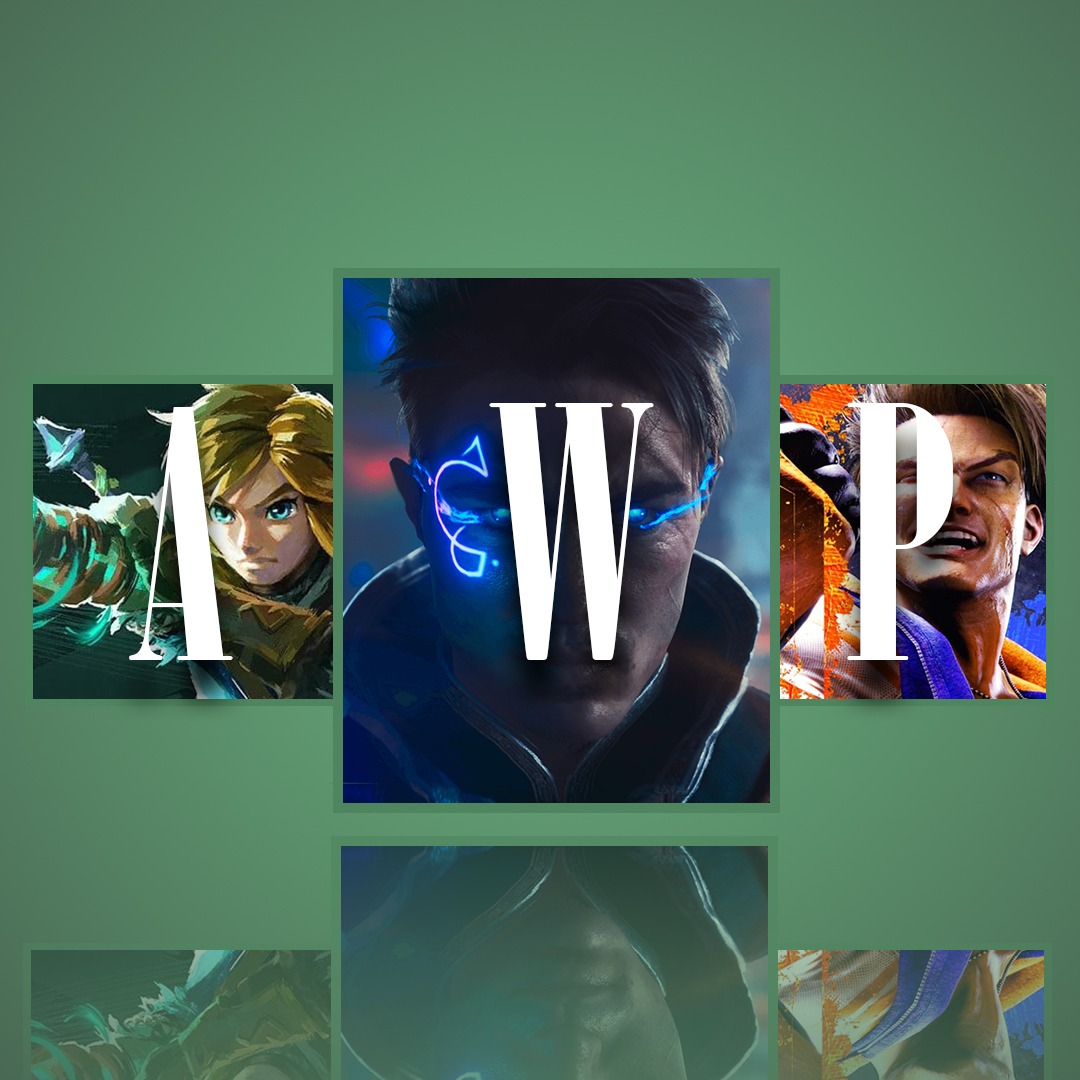

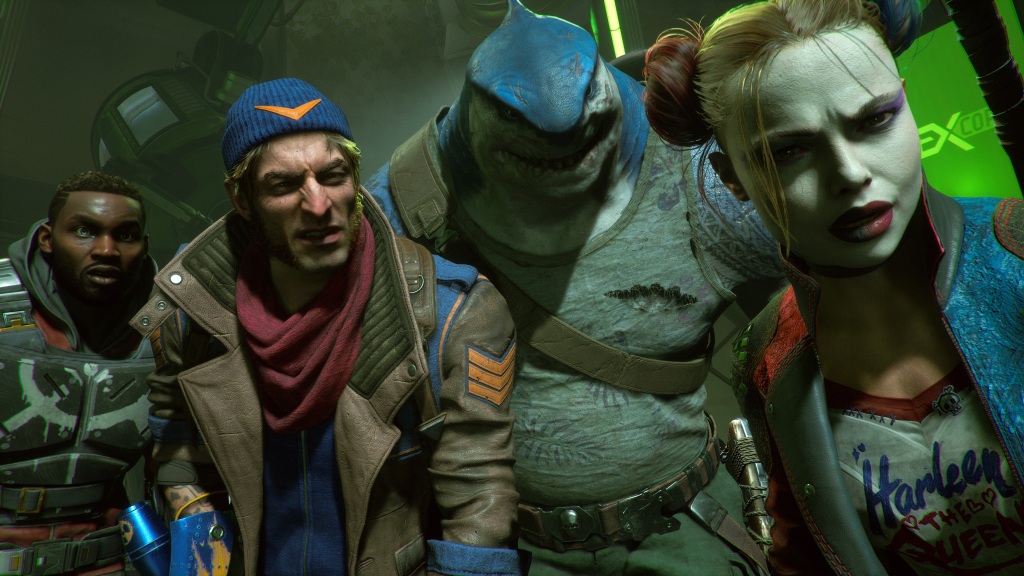
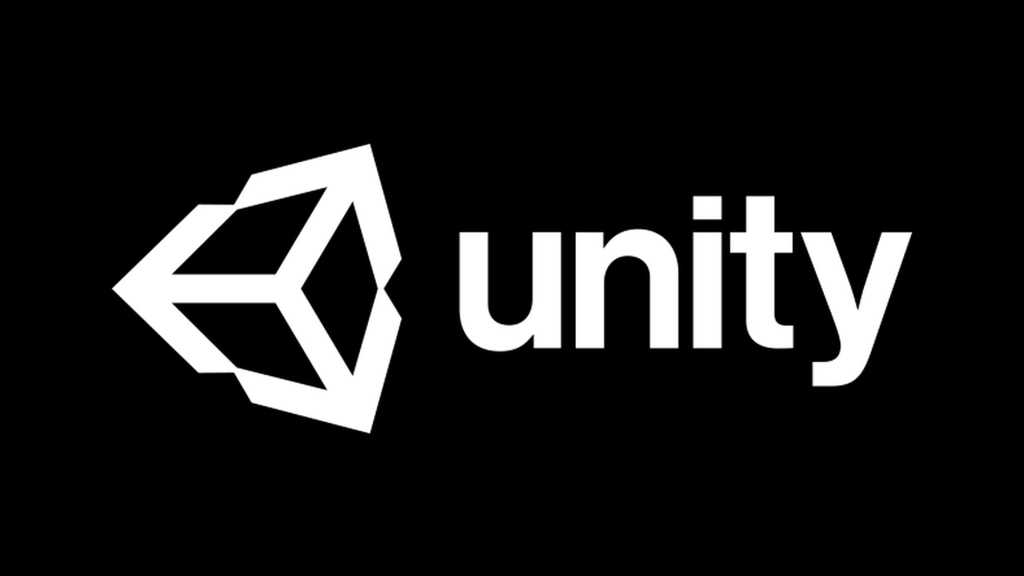
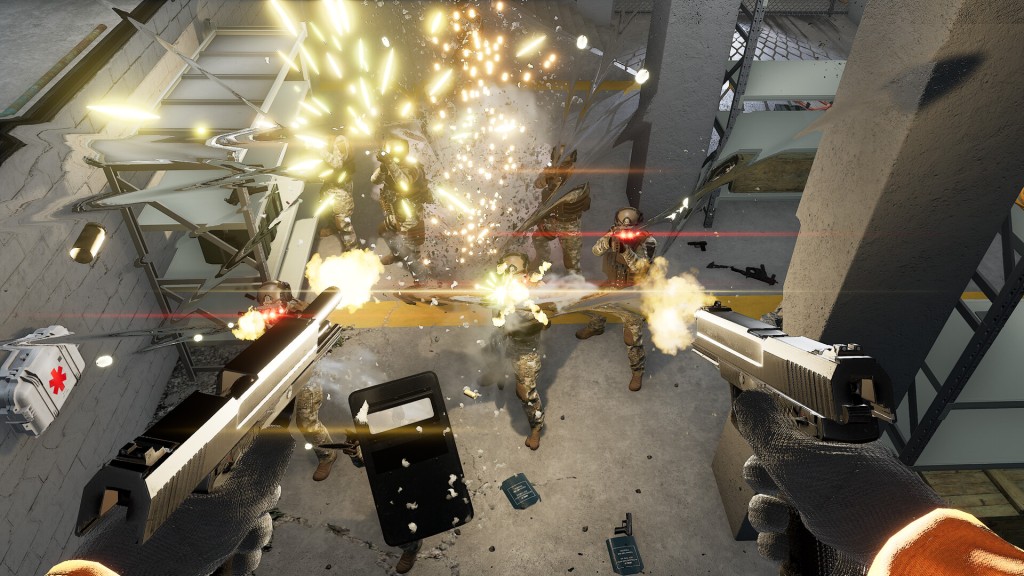
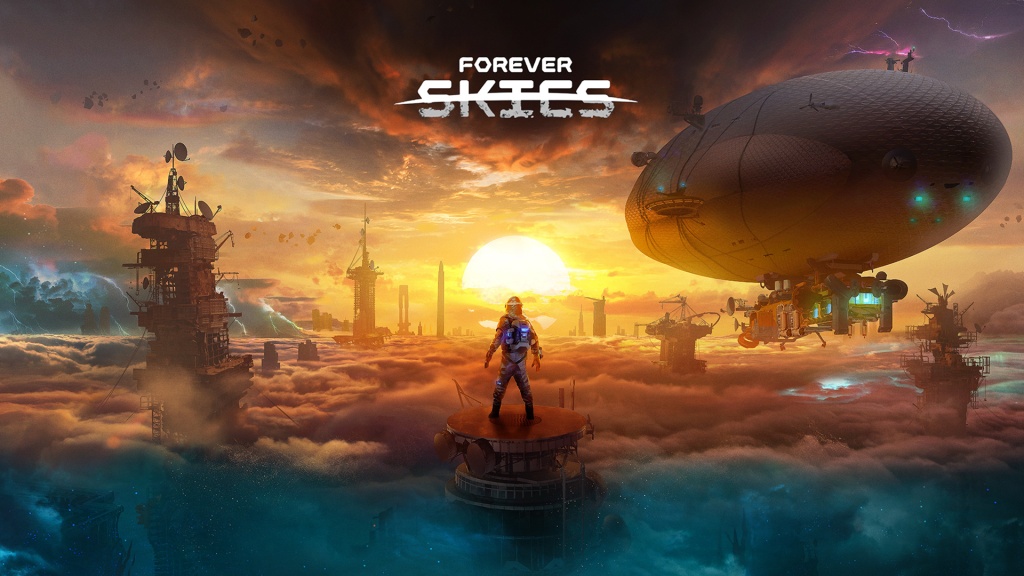
Leave a comment